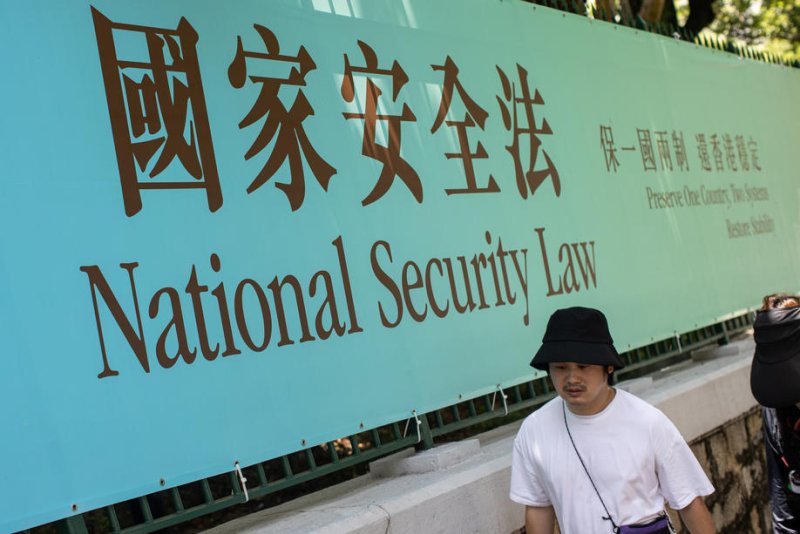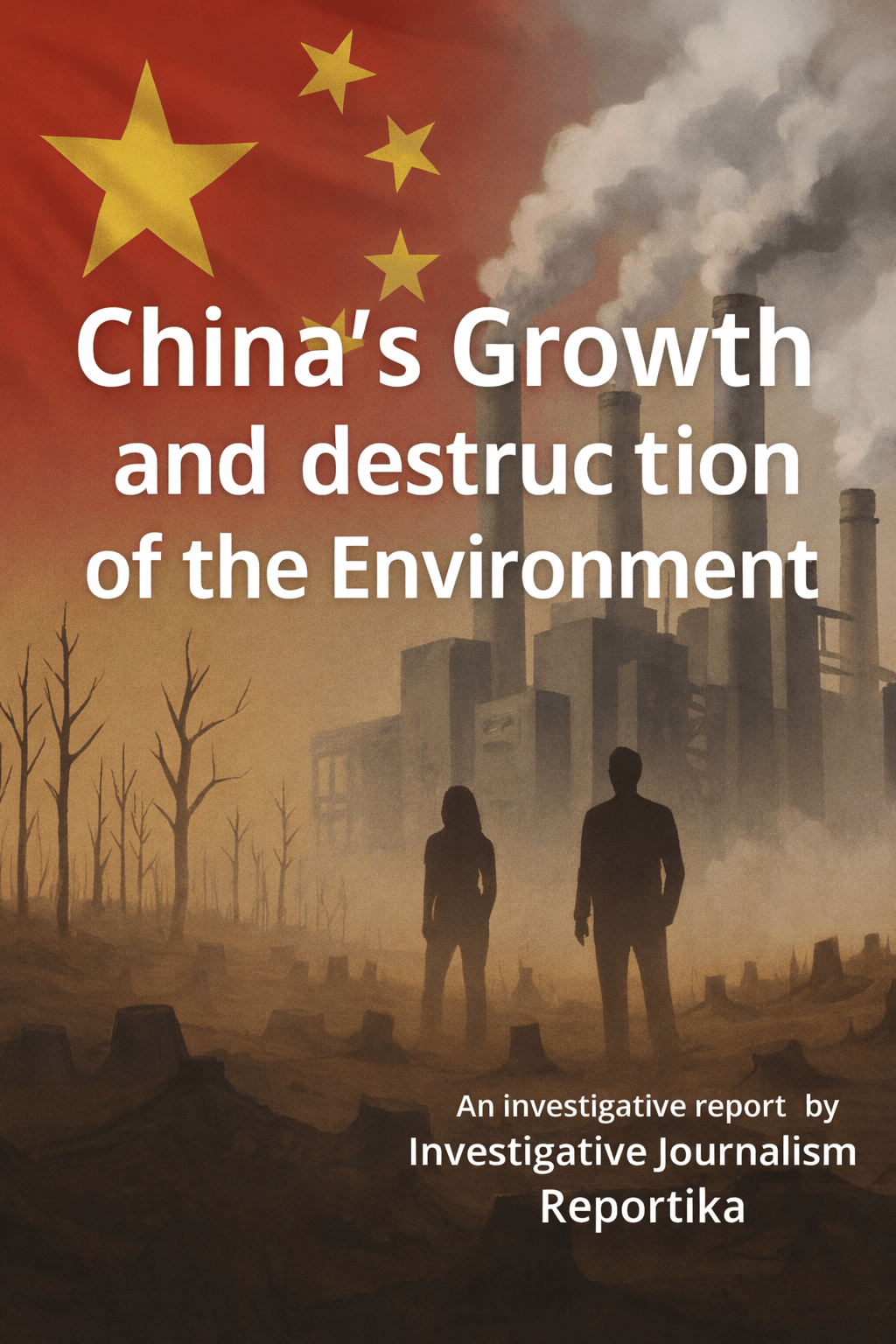The U.S. State Department imposed sanctions on Chinese officials on Monday, targeting individuals linked to the ongoing political repression in Hong Kong and restricted access to Tibet. This move marks the first sanctions of Donald Trump’s current term aimed at Hong Kong policy officials, signaling a renewed emphasis on human rights in the new administration’s approach to China.
Sanctions Target Hong Kong and Tibet Officials
The sanctions, announced on April 1, 2025, focus on six key figures, including Hong Kong Police Commissioner Raymond Siu and Justice Secretary Paul Lam. These penalties freeze any U.S.-based assets of the officials and block their access to the U.S. banking system—a restriction that often disrupts their ability to use international financial networks. The measures address what the U.S. calls a “continuing political crackdown” in Hong Kong and efforts to extend that repression to individuals on U.S. soil, alongside limitations on access to Tibet.
Secretary of State Marco Rubio, a known China hawk, emphasized the Trump administration’s stance in a statement: “These sanctions demonstrate our commitment to hold accountable those depriving people in Hong Kong of protected rights and freedoms or committing acts of transnational repression against U.S. persons.” Rubio’s involvement underscores a shift toward prioritizing human rights, contrasting with Trump’s previous focus on trade imbalances and tariffs.
Hong Kong’s National Security Law and Transnational Repression
The sanctions come in response to Hong Kong’s national security law, enacted in 2020 after widespread antigovernment protests in 2019. The law has been used to silence pro-democracy activists, with Hong Kong authorities issuing bounties for exiled figures like Frances Hui, a U.S.-based activist granted asylum in 2022. In December 2023, Hui and four others faced a $128,000 bounty from the Hong Kong government, part of a broader campaign targeting dissidents abroad.
“Many of us have endured relentless pressure and threats,” Hui said in response to the sanctions. The U.S. action highlights concerns over transnational repression, as Hong Kong’s security measures increasingly affect activists in the U.S., U.K., and Australia.
Tibet Access Restrictions Under Scrutiny
While the State Department did not disclose the names of officials sanctioned for restricting access to Tibet—citing confidentiality of visa information—the move reflects long-standing U.S. criticism of China’s policies in the region. China’s Ministry of Foreign Affairs defended its stance, with spokesman Guo Jiakun claiming Tibet welcomed over 300,000 foreign tourists in 2024. He attributed entry restrictions to the region’s “special geographic and climatic conditions.”
China and Hong Kong Push Back
China’s embassy in Washington condemned the sanctions as “gross interference in China’s internal affairs” and a violation of international law. The Hong Kong government echoed this sentiment, accusing the U.S. of “barbarity under its hegemony” and drawing parallels to American coercion of other nations.
Trump’s Broader China Strategy
While these sanctions spotlight human rights, Trump’s overall China policy remains multifaceted. This week, he is expected to unveil new tariff increases targeting Chinese goods, though specifics are pending. Meanwhile, deals involving Hong Kong-based CK Hutchison and ByteDance, TikTok’s Chinese parent company, face critical deadlines, adding economic pressure to U.S.-China tensions.
The sanctions also coincide with heightened military activity near Taiwan, where China launched drills on Tuesday as a warning to President Lai Ching-te. These developments underscore the complex web of issues—human rights, trade, and territorial disputes—defining U.S.-China relations in 2025.
Implications for U.S.-China Relations
The Biden administration and Trump’s first term previously sanctioned Hong Kong leaders like Chief Executive John Lee and former leader Carrie Lam, but Monday’s actions suggest a sharper focus on human rights under Rubio’s influence. Analysts see this as a potential pivot, even as Trump’s trade-centric rhetoric persists.
For activists like Frances Hui, the sanctions offer hope amid ongoing threats. For Beijing, they represent another flashpoint in a deteriorating relationship with Washington. As Trump’s strategy unfolds, the balance between human rights and economic leverage will likely shape the next chapter of this geopolitical rivalry.




